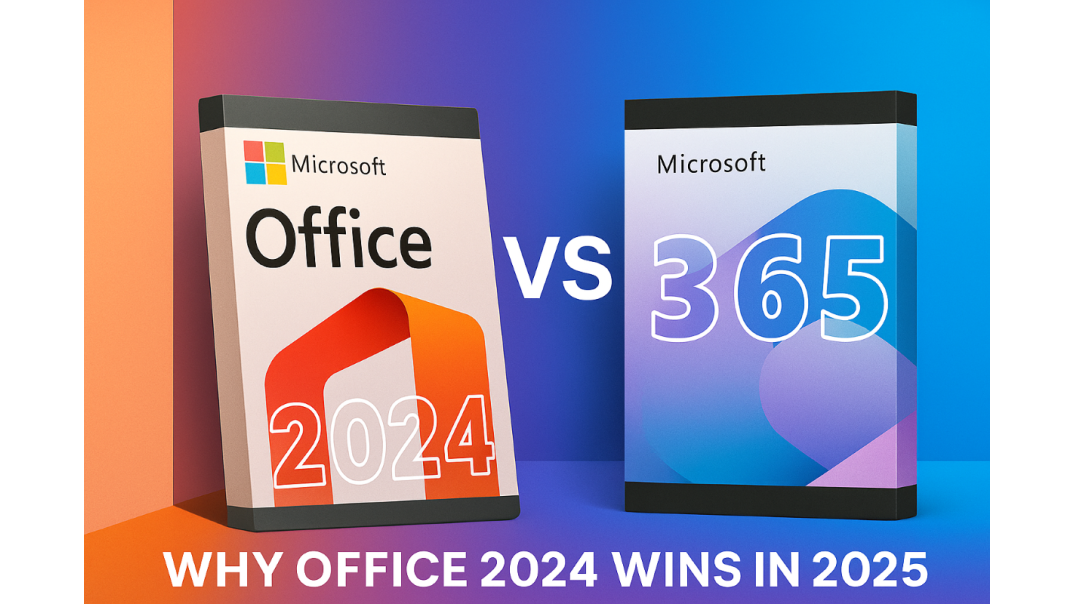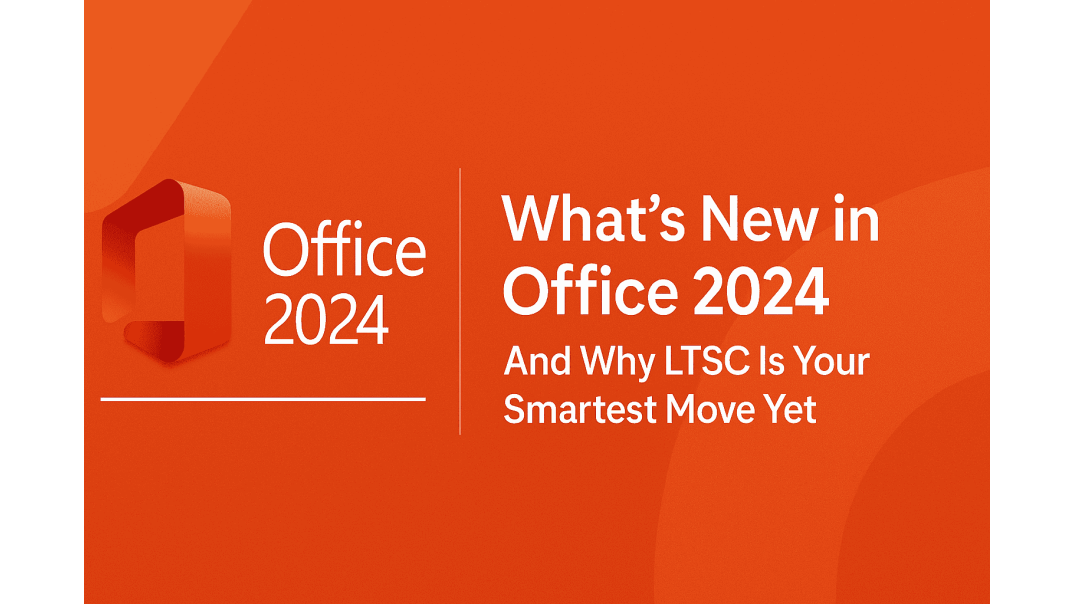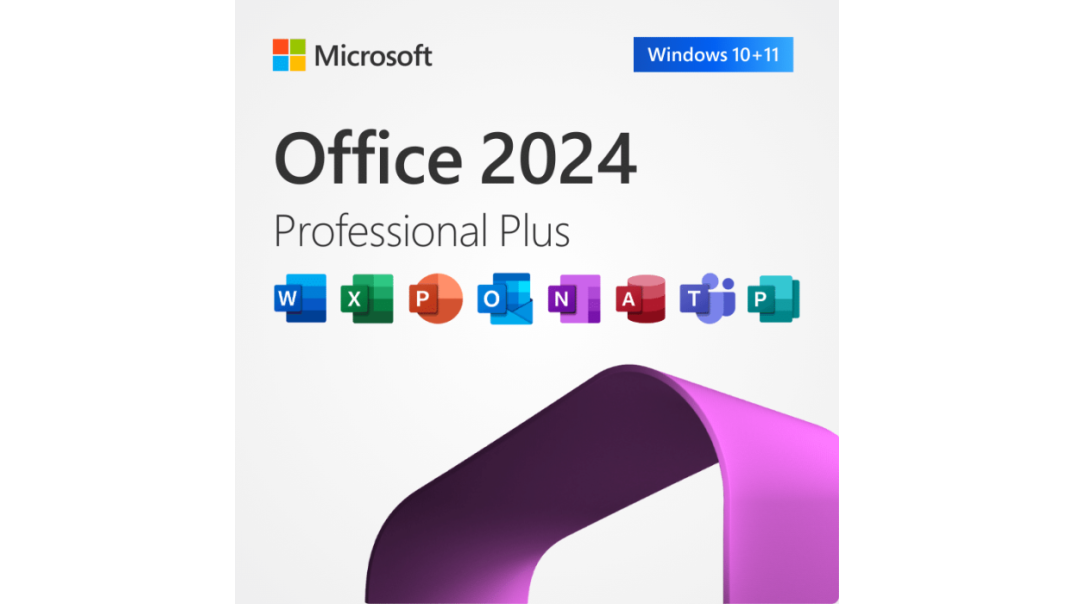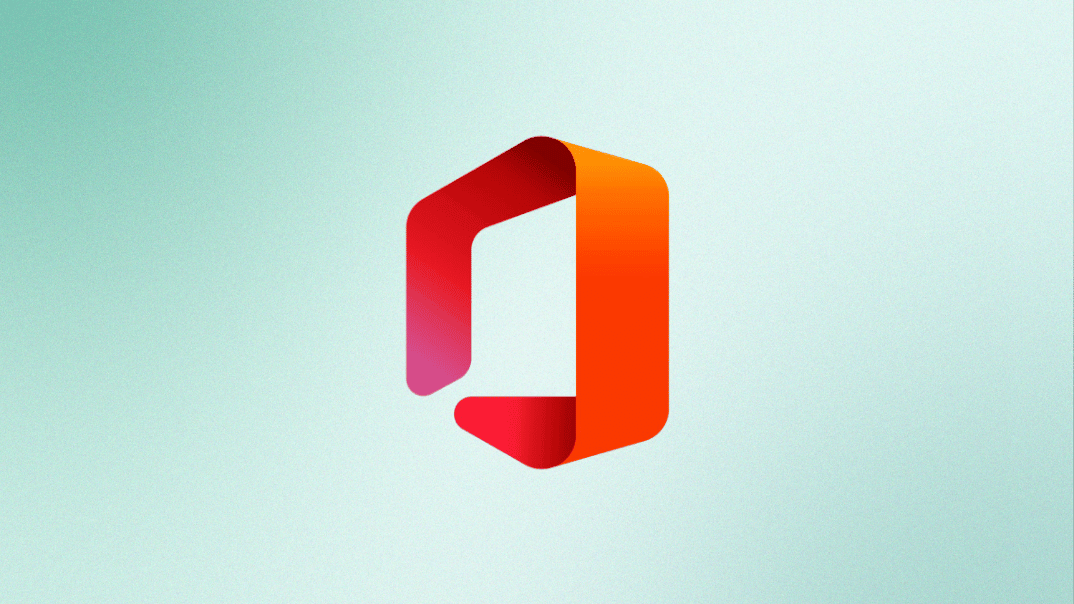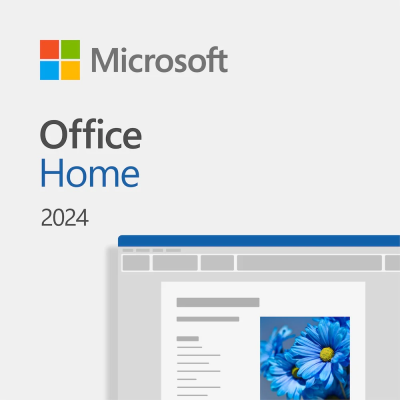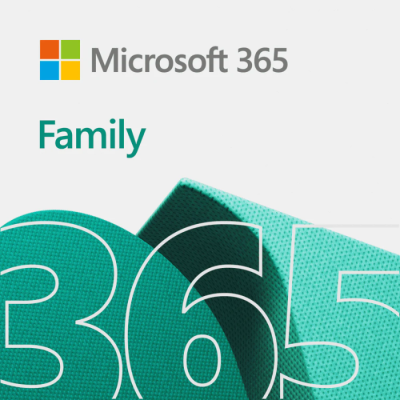Choosing the right productivity suite can be a daunting task. With options like Office 2024 and Microsoft 365, the decision becomes even more complex. Each offers unique features and benefits tailored to different user needs.
While both suites come from Microsoft and offer essential tools like Word, Excel, and PowerPoint, Office 2024 stands out as the best option for users who value ownership, stability, and cost control.
This guide explores the key differences and explains why Office 2024 is the more practical, cost-effective, and user-friendly choice in today’s productivity landscape.
Understanding Office 2024 and Microsoft 365
Office 2024 and Microsoft 365 are designed to enhance productivity. However, they cater to different user preferences and business models. Understanding their core differences is crucial to making the right decision for your needs.
Office 2024 is the latest standalone version of Microsoft’s productivity suite. It includes popular applications such as Word, Excel, PowerPoint, and Outlook—all available with a one-time purchase. Once you buy it, it's yours to use forever without any recurring fees.
In contrast, Microsoft 365 operates on a subscription model, requiring monthly or yearly payments. While it includes cloud services like OneDrive and Microsoft Teams, it locks users into ongoing costs and frequent software changes.
Key Differentiators:
- Office 2024: One-time payment, no subscription, offline access, stable software.
- Microsoft 365: Subscription-based, cloud-reliant, frequent updates, recurring fees.
For those who prefer owning their software and avoiding unnecessary complexity, Office 2024 is the better deal.
Office 2024 cost vs Microsoft 365
When it comes to pricing, Office 2024 and Office 365 offer distinct approaches. Each model comes with its pros and cons. However, when comparing the pricing of Office 2024 vs Microsoft 365, the long-term financial benefits of Office 2024 become obvious.
Why Office 2024 Wins:
- One-time payment with no recurring costs.
- Perfect for users who keep their software for several years.
- No surprises—your costs are fixed and predictable.
Microsoft 365, while offering the allure of ongoing updates, ultimately proves to be more expensive over time due to its subscription-based pricing model. Users end up paying year after year, often for features they may not even use.
If you’re budget-conscious and want full access to your tools, Office 2024 is the smarter and more affordable long-term choice.
Updates: Do You Really Need Constant Changes?
The frequency of updates is another key difference between Office 2024 and Microsoft 365. While Microsoft 365 markets its frequent updates as a benefit, many users find the constant changes disruptive. Updates can alter interfaces, introduce unexpected bugs, or add features you never asked for.
With Office 2024, you get a stable, consistent experience. It includes essential updates for security and performance, but the core software remains unchanged, allowing you to focus on your work without needing to relearn your tools every few months.
Highlights:
- Office 2024: Reliable, predictable, and stable.
- Microsoft 365: Constant updates, ongoing changes, potential distractions.
If you value productivity over novelty, Office 2024’s no-surprise approach is far more user-friendly.
Cloud vs. Local Integration and Collaboration
Cloud integration is a significant factor when choosing between Office 2024 and Microsoft 365. Microsoft 365 emphasizes its cloud integration as a key advantage. But let’s be real—not everyone needs constant cloud connectivity. If your work doesn’t require real-time collaboration or you’re often on the move without reliable internet, the Office 2024 offline access model is far more dependable.
Office 2024 Benefits:
- Works entirely offline—no internet is needed after installation.
- Files are stored locally, giving you full control and privacy.
- Ideal for secure environments or users with limited connectivity.
While Microsoft 365 excels in cloud-based workflows, not all users benefit from cloud storage and dependency. Office 2024 gives you productivity on your terms.
Device Compatibility and Accessibility
Choosing between Office 2024 and Microsoft 365 also means considering device compatibility. Both suites are compatible with Windows and Mac, offering flexibility for mixed environments. However, Office 2024 does exactly what most users need: solid desktop functionality across the platforms that matter. You’re not paying for extras you won’t use.
Here's a concise comparison:
- Office 2024: Windows and Mac compatibility, primarily focused on desktop use.
- Microsoft 365: Supports mobile access and cross-device synchronization
Microsoft 365 offers cross-device syncing and mobile apps, but ask yourself—how often do you edit Excel files on your phone? If your workflow revolves around a desktop or laptop, Office 2024 delivers the essential experience without unnecessary bloat.
Security and Control
Security is a top concern for any software user. In the era of constant connectivity, simplicity often means security. Office 2024 doesn’t rely on cloud services that may expose your files to external risks. You store files locally, maintain full data control, and avoid potential vulnerabilities tied to always-online platforms.
While Microsoft 365 includes built-in security updates, it also expands your attack surface due to its integration with various cloud tools. With Office 2024, your data stays where you put it—on your machine, under your control.
Why Office 2024 Is the Better Productivity Software in 2025
In a head-to-head comparison of Office 2024 vs Microsoft 365, Office 2024 emerges as the ideal choice for users who want simplicity, cost-efficiency, and reliability. It’s particularly suited for:
- Students and professionals on a budget
- Small businesses that don’t need advanced collaboration tools
- Organizations with strict data privacy policies
- Users who value lifetime access over continuous payments
Advantages Recap:
- No subscriptions – one payment, full access.
- Offline functionality – no internet, no problem.
- Stable interface – no disruptive updates.
- Full control – local storage and data privacy.
Who Should Still Consider Microsoft 365?
Microsoft 365 has its place. Large teams needing cloud-based collaboration, businesses relying on Teams, or power users requiring the latest tools might benefit from its model.
But for the vast majority of everyday users, Office 2024 provides everything you need—without the burden of monthly payments and cloud complexity.
Final Verdict: Choose Office 2024 for Practical Productivity
Office 2024 is a no-nonsense productivity suite built for users who value performance, stability, and long-term access without ongoing fees. While Microsoft 365 caters to dynamic, cloud-centric environments, Office 2024 delivers timeless value with clarity and control.
In the debate of Office 2024 vs Microsoft 365, the answer is clear for most users in 2025:
👉 Choose Office 2024
FAQ About Office 2024 vs Microsoft 365: Why Office 2024 Is the Smarter Productivity Suite
Can I buy Office 2024 without a subscription?
Yes, Office 2024 is a one-time purchase with no monthly or annual fees. You pay once and own it for life'no subscription required.
How much does Office 2024 cost vs Microsoft 365?
At Brytesoft, Office 2024 is offered as a one-time purchase starting at $69.99, while Microsoft 365 starts at $69.99 for a six-month subscription. In the long run, Office 2024 delivers greater value thanks to its single upfront payment.
Can I use Office 2024 without an internet connection?
Absolutely. Once installed, all core features work entirely offline.
Will Office 2024 get updates?
You'll receive essential security and performance updates, but no disruptive feature changes will be made.
Does Microsoft 365 offer more features?
It includes cloud tools and regular updates, but many users find these unnecessary for day-to-day tasks.
Which is better, Office 2024 or Microsoft 365 for students?
Office 2024 is better for students who want a one-time purchase with no subscription. It includes all core Office apps for Windows 11 and works offline'perfect for long-term use on a budget.

